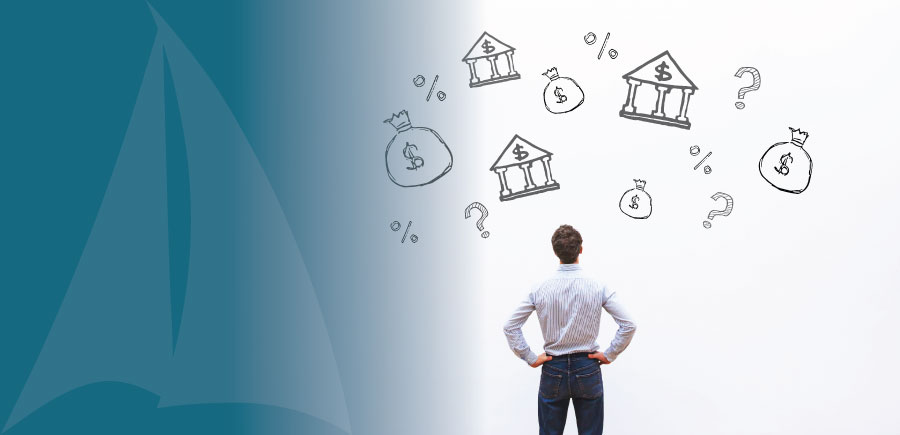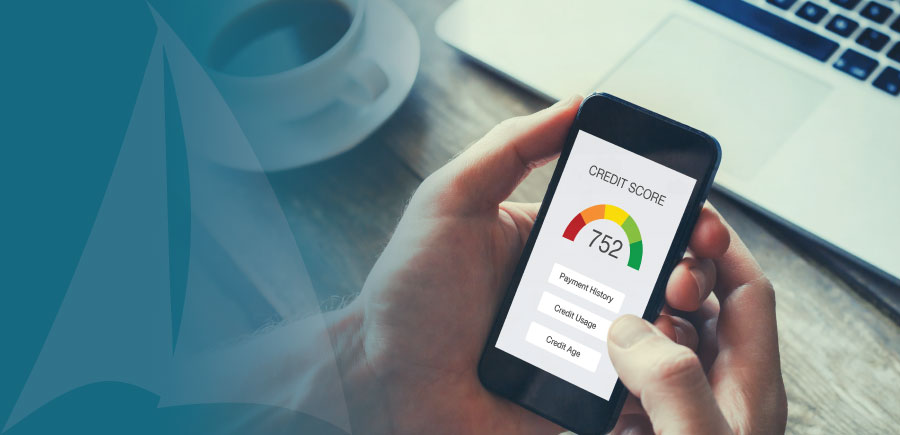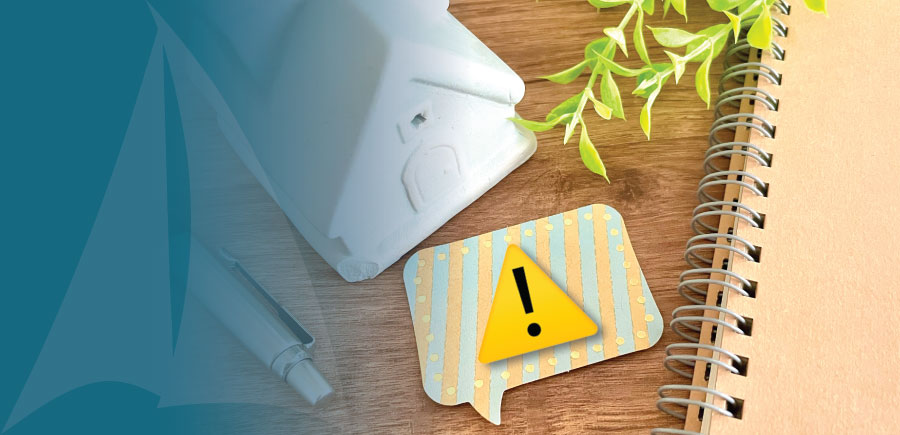featured
2024-03-11
Uncategorized
published
6 minutes
Have you ever had banking questions pop up that you think you should probably know the answers to?
If so, don’t feel bad – this is completely normal.
There’s no doubt that navigating the world of banking can often feel like a game of 20 Questions. From understanding different account types to maximizing your savings, there's an array of questions that individuals encounter when managing their finances.
While community banks are often very helpful with explaining answers to their customers, we'll go ahead and address some common banking questions to provide clarity, empower you to make informed decisions about your money, and help you walk into your bank with a little more confidence.
Let’s dive in:
What is the difference between a checking and savings account?
A checking account is typically used for everyday transactions like paying bills and making purchases, often offering features like debit cards and check-writing capabilities. On the other hand, a savings account is designed for accumulating funds over time, many times offering interest on the balance while limiting the number of withdrawals you can make per month.
WHAT’S THE DIFFERENCE BETWEEN A CD AND SAVINGS ACCOUNT
How can I avoid overdraft fees?
To avoid overdraft fees, it's essential to keep track of your account balance and set up alerts for low balances. You can also opt into overdraft protection programs offered by your bank, link your checking account to a savings account or a line of credit, or simply decline overdraft coverage to prevent transactions that would overdraw your account.
What is the best way to build credit?
Building credit involves responsibly managing credit accounts and loans. This includes making timely payments, keeping credit card balances low relative to their limits, and maintaining a mix of different types of credit accounts. Additionally, consider using tools like secured credit cards or becoming an authorized user on someone else's credit card to establish credit history.
WANT TO BUILD YOUR CREDIT SCORE? CHECK OUT THESE TIPS
How do I choose the right credit card?
When selecting a credit card, consider factors such as the annual fee, interest rates, rewards program, and any additional perks offered. Assess your spending habits and financial goals to determine whether you would benefit more from a cashback card, travel rewards card, or a card with a low introductory APR.
What is the difference between a credit score and a credit report?
A credit score is a numerical representation of your creditworthiness, typically ranging from 300 to 850, with higher scores indicating lower credit risk. A credit report, on the other hand, is a detailed record of your credit history, including your payment history, credit accounts, inquiries, and public records. Lenders use both your credit score and credit report to assess your creditworthiness when considering loan applications.
How much should I save for emergencies?
Financial experts generally recommend saving three to six months' worth of living expenses in an emergency fund to cover unexpected costs like medical bills, car repairs, or job loss. However, the ideal amount may vary depending on your individual circumstances, such as your income, expenses, and job stability.
WANT TO BUILD A FINANCIAL CUSHION FOR EMERGENCIES?
What is the difference between a debit card and a credit card?
A debit card allows you to spend money directly from your checking account, deducting the purchase amount immediately. In contrast, a credit card allows you to borrow money from the card issuer, with the expectation that you'll repay it later. While debit cards are linked to your own funds, credit cards offer the opportunity to build credit and may come with rewards and consumer protections.
How can I protect myself from identity theft?
To safeguard against identity theft, monitor your accounts regularly for suspicious activity, use strong, unique passwords for online banking, shred sensitive documents before discarding them, and be cautious of phishing attempts and scams. Consider freezing your credit report or using identity theft protection services for an added layer of security.
What are the benefits of online banking?
Online banking offers convenience, allowing you to access your accounts, pay bills, transfer funds, and deposit checks from anywhere with an internet connection. It also often provides features like real-time account monitoring, budgeting tools, and electronic statements, making it easier to manage your finances efficiently.
Keep in mind, just because you CAN deposit checks from anywhere with an internet connection, does not mean you should. Make sure that you’re using a secure and trustworthy connection and that any paper trail containing sensitive information is destroyed.
USE ONLINE BANKING TO YOUR BENEFIT
How can I start investing?
To start investing, educate yourself about different investment options, such as stocks, bonds, mutual funds, and exchange-traded funds (ETFs). Determine your investment goals, risk tolerance, and the amount of time you’ve allotted to reach your goals, and consider consulting with a financial advisor to create a personalized investment strategy. You can start by investing in a diversified portfolio and regularly contribute funds to take advantage of compound growth over time.
Navigating the world of banking and personal finance can seem daunting, but armed with knowledge and understanding, you can make informed decisions to manage your money effectively and achieve your financial goals.
Feel free to reach out to your community bank or take a peek at our blog page for more information and possible answers to your questions.
By addressing these common banking questions, we hope to empower you to take control of your finances and build a solid foundation for your future financial well-being.
Want to know more about how your community bank can help you navigate the world of banking?





